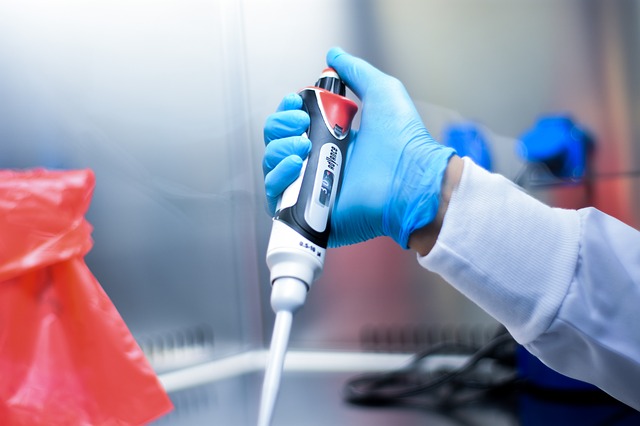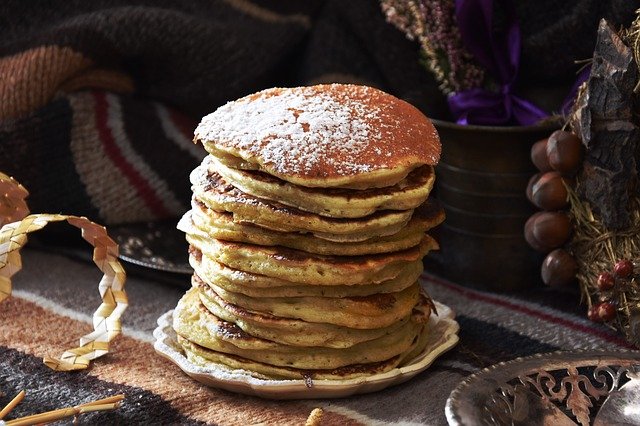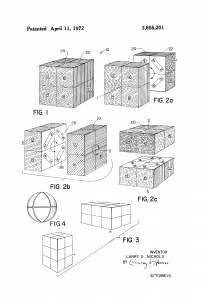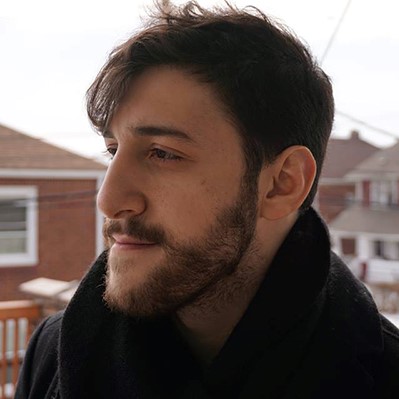I had a fairly clear idea when I came to Loyola University Chicago School of Law that I wanted to focus on patent law. Having a science background, it seemed like a natural fit given the intersection between patent law and science. However, my interests weren’t solidified until I read patent cases assessing the validity of a patented pancake recipe. You’ll have to learn a little bit about my childhood to understand why those interests solidified though.
A consistent motivating force throughout my life has been figuring out how things worked. As a kid, whenever I got bored with a toy, I would sneak tools from my dad’s toolbox and take it apart. I wanted to get a better understanding of how the toy worked. Knowing that I’d get a lecture on why I shouldn’t break my toys, I’d try to put them back together—often unsuccessfully. Nevertheless, the hunt for that forbidden knowledge was worth the lecture and one less toy. I needed to figure out how it worked, no matter the consequences.
From Toys to Experiments

My insatiable drive to deconstruct and figure out how things worked translated to an adulthood filled with curiosity. In my education this led me to the sciences. I worked in various medical research laboratories during undergrad and considered becoming a career scientist. I learned a great deal in these labs, but I also learned that bench research was not for me. Don’t get me wrong, I could pipette protein samples and analyze western blots with the best of them. But I was less interested in carrying out experiments and more interested in just reading the papers and journals that described the results.
What Does any of This Have to do with Pancakes?
Before my first semester at Loyola, I had the opportunity to apply for a specialized Intellectual Property (“IP”) legal writing course. I was accepted and was excited to gain a better understanding of what IP and patents were all about.

Our Fall semester assignment was to write a legal memo evaluating the patent on a pancake recipe. Much to my chagrin, none of the cases we relied on for the assignment had anything to do with breakfast foods. Breakfast after all, is my favorite meal of the day, as my legal writing classmates came to know. Despite that minor disappointment, the cases satisfied a different craving—my unending desire to learn about how things work.
The Cases

I paid a little more attention than I needed to on the inventions at issue when reading the cases. It satiated my curiosity and gave me the same sort of satisfaction I got from reading scientific research papers in undergrad. I took pleasure in combing through minute details about the mechanisms that made each invention novel. I delighted in each intricately-inked diagram that described those inventions.
While reading a case about a 2 x 2 puzzle cube, the little brother of the more popular 3 x 3 Rubik’s cube, I learned that its early models used magnets to give the puzzle its characteristic free-gliding motion.
The next case gave me a glimpse at the inner workings of high-end kaleidoscopes. I learned that fluid-filled glass tubes act as prisms to disperse and reflect light.
Our final case dealt with a patent related to DNA transformation. DNA transformation is the practice of inserting foreign DNA into a host cell, E. Coli typically. The host cell then creates proteins based on the code from that foreign DNA. I had worked with this technique in my former research assistant positions in undergrad. Seeing it referenced from a legal perspective was a delight. Who knew that a legal battle was fought over all that E. Coli we cultivated in the lab?
The Caveat
Here’s the thing. The actual mechanisms in question were not the focus of our assignment (at least not for now) as much as the legal rules were. Still, reading those cases gave me a little preview of things to come in the patent sphere. I’m currently taking Professor Cynthia Ho’s course on patents and their effects on global access to medicines. Delving into the drug development process from a patent perspective rather than from inside the lab has been enlightening. For instance, how drug costs are influenced by different countries’ patent and trade laws.
I’m excited to read more cases, learn new things, and perhaps put some of my science knowledge to good use in patent law.
So, here’s to patents and pancakes.

Louay Meroueh
Assistant Blogger
Loyola University Chicago School of Law, J.D. 2023